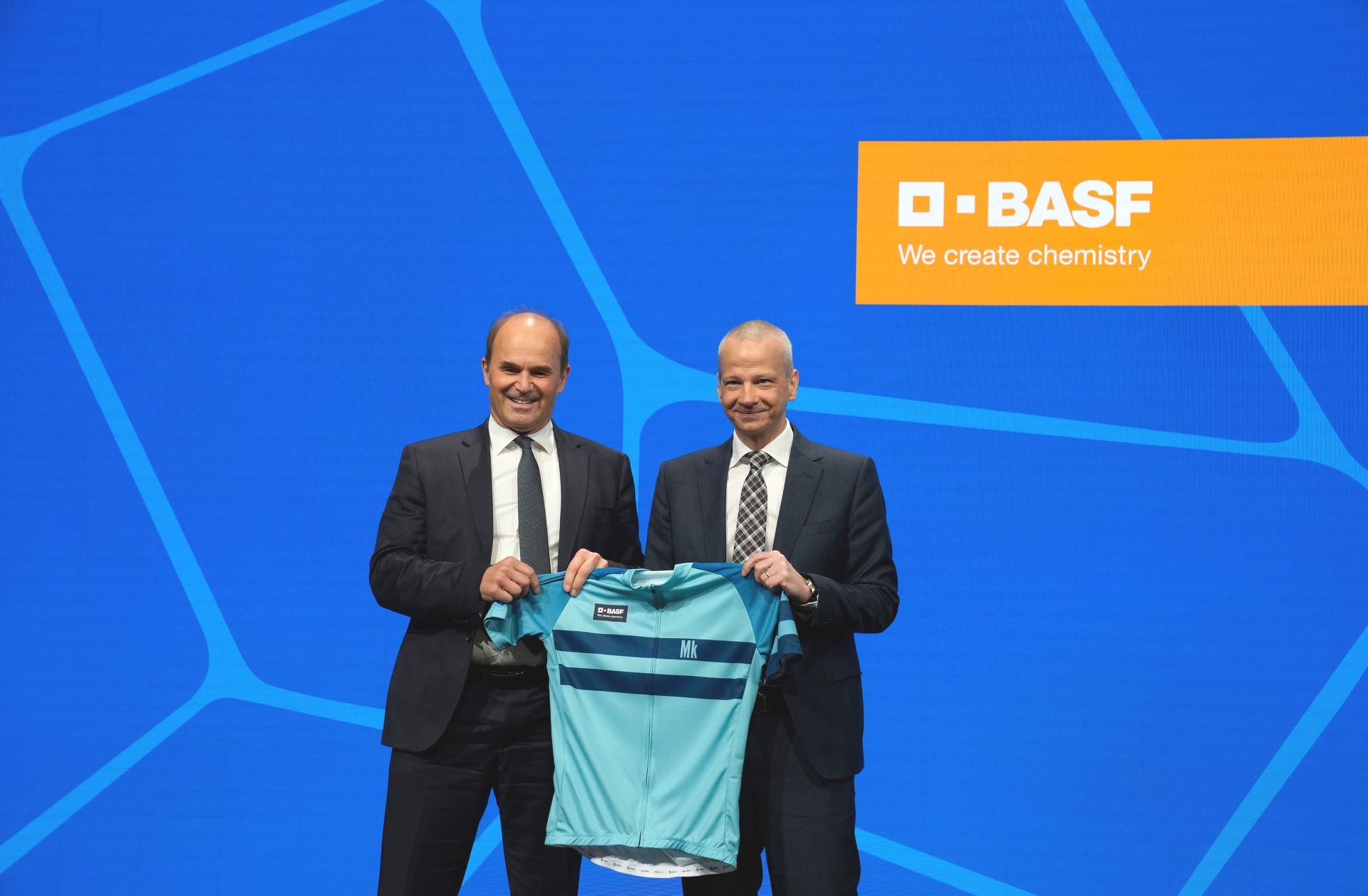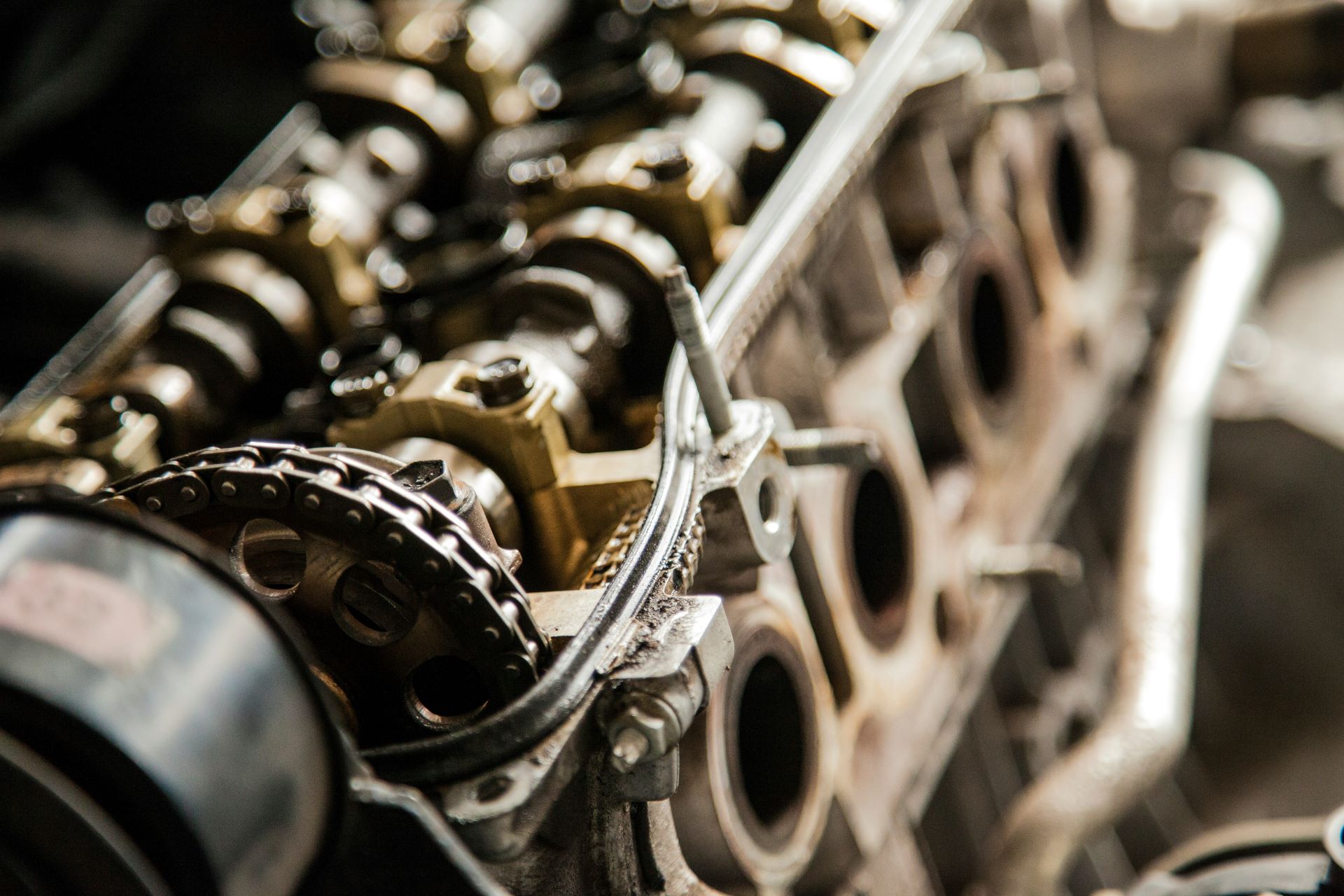Specialty Equipment Market Association (SEMA) member companies and automotive enthusiasts have come out in strong opposition to the California Air Resources Board’s (CARB) “Advanced Clean Cars II” (ACC II) regulation that would ban the sale of new internal combustion engine motor vehicles by 2035.
Specialty aftermarket businesses and industry supporters sent over 5,000 letters to the U.S. Environmental Protection Agency (EPA) expressing opposition to the agency providing California a Clean Air Act waiver, which is required in order for ACC II to take effect. Industry and enthusiasts alike have united in opposition to California’s Zero Emissions Vehicle (ZEV) mandate that would adversely impact automotive businesses, their employees, and millions of automotive enthusiasts.
The letters, part of the EPA’s official public comment period as the agency considers granting California a waiver to allow the ban on new gas-powered vehicles, convey the impact of what effectively is a national mandate would have on small businesses in the automotive aftermarket industry. Since 17 other states have historically followed all or part of California’s low-emission and zero-emission vehicle regulations, the waiver allowing the state to ban the sale of non-ZEV vehicles would have a harmful effect on the U.S. economy and nearly half the country’s population that resides in the affected states. ACC II, if implemented, would devastate small businesses that manufacture and sell performance and accessory products that upgrade ICE engines and drivetrains, a key segment of the industry that contributes $112 billion annually to the U.S. economy.

SEMA is committed to playing a central role in helping our members reduce carbon emissions through continued advancements in vehicle technology. However, the association strongly opposes government mandates that prohibit or limit the sale of ICE vehicles and select electrification as the technology of choice. In January, SEMA President and CEO Mike Spagnola, along with several SEMA members, testified at the EPA’s public hearing to express opposition to granting California a waiver to implement ACC II. During his testimony, Spagnola stressed that ACC II would significantly disrupt automotive supply chains and eliminate tens of thousands of jobs in vehicle manufacturing, parts production, and repair shops.
“This far too-fast mandate will create a seismic shift in the automotive industry that will hurt small businesses that don’t have the capacity to make the shift this quickly,” said Spagnola in his testimony. “While the federal government is helping some parts of the automotive industry, small businesses aren’t receiving billions of dollars in government funds to fund their electric vehicle programs. For many specialty aftermarket businesses, which are not receiving government subsidies and can’t afford to sustain massive losses, requiring all new vehicles sold to be ZEV by 2035 poses an existential threat.”
ACC II requires that 35% of new cars, SUVs, and small trucks sold in California must be zero-emissions vehicles (ZEV) starting in 2026. Before ACC II can be implemented, CARB must receive a waiver from the EPA for the regulations to take effect. By considering this federal mandate, the EPA seeks to dramatically increase sales of electric vehicles (EVs). If the regulation is finalized, the EPA estimates the rule would lead to EVs making up two-thirds of new passenger vehicles sold in the United States by 2032 and essentially blocking out other technologies and innovations already underway in the industry to help achieve lower automotive emissions goals.




